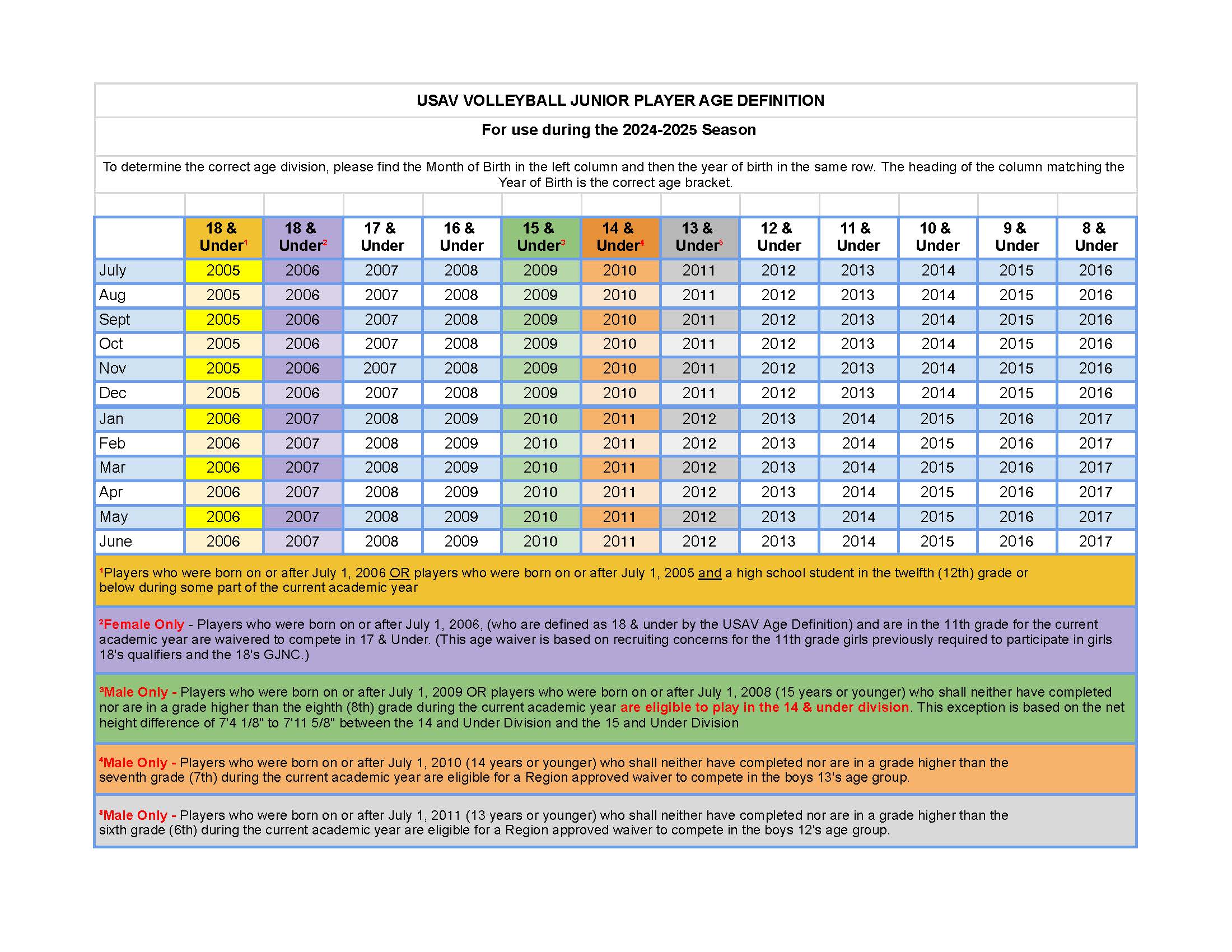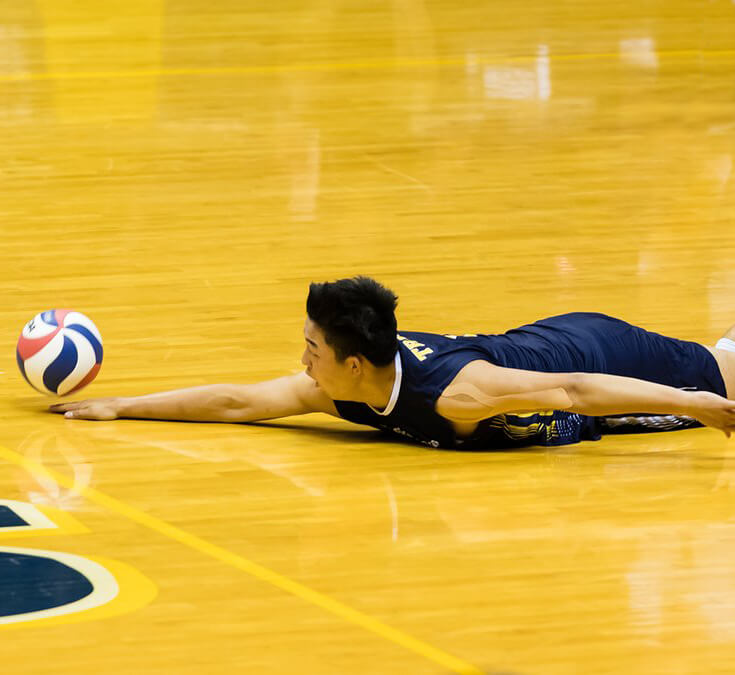ATHLETE’S PLAY TIME
Sports is competition. The main objective of a sport is to win. While this shouldn’t come at all costs – is usually comes at some cost. The coach’s job is to put the best team on the floor, field or arena that have the best chance of winning the game. Sometimes, this doesn’t just mean the best players, but rather the players that work the best together.
This means during competitions there will always be some kids playing and some kids on the bench. It’s not “fair” and never will be. So what can we, as parents, do? Teach our kids how to handle both situations appropriately.
Woo Hoo My Kid’s Starting!!
If your athlete has earned a starting spot and play time, congratulations! Now, your job is to support their efforts & cheer on their teammates. But, you are also instrumental in coaching them in their behavior. Your player needs to know that their play time isn’t ever guaranteed. All the kids cheering from the sidelines are fighting for play time too. As a parent, teach your athlete to stay humble, encourage & support their teammates – especially the ones on the bench and give 100% at each practice and competition. Your athlete’s attitude towards the team, the coach or the game is easily a crucial factor when a coach is deciding between two players with similar skills.
Oh No My Kid’s on the Bench!!
If your athlete is fighting for playtime and find themselves mainly on the bench, navigating this as parents is much harder. We all want to see our kids play and succeed. The first step as parents is to recognize that all the kids on a team are at different skill and growth levels. Just because your athlete isn’t getting as much playtime as they would like, doesn’t mean they won’t earn it in the future. The key as parents is guiding them in their efforts to improve. The first place to start is with your athlete talking to the coach. This conversation needs to be initiated by the player and the focus is on improvement – not play time. For younger players, it’s ok for parents to be there in a supporting role, but be sure the player is asking the questions. The challenging part is for both the parents and athlete to maintain a positive attitude. As a parent, we are biased and sometimes it’s hard to be realistic about our child’s current skill level and attitude. Remember, your attitude will influence their attitude. Teach them to always be supportive & cheer on their teammates just like they want to be encouraged when they earn their spot in the game. Now go be the supporting “bench player” your kid needs!

